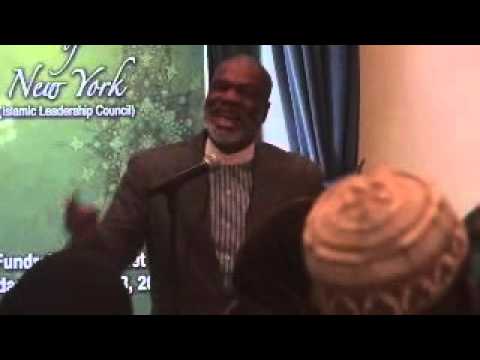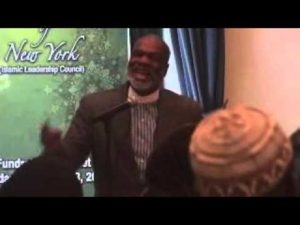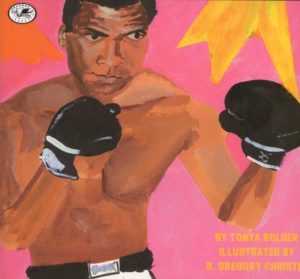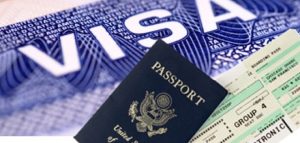Abu Dhabi, 18 Ramadan 1437/23 June 2016 (MINA) – More needs to be done to address issues concerning Islam and Muslims in the US amid a climate of Islamophobia, an American religious scholar says.
Dr Shermon Jackson, also known as Abdulhakeem Jackson, yesterday addressed the Abu Dhabi Fund for Development about his conversion to Islam, the religion’s history in the US, and the need to clarify matters to avoid conflicts between non-American Muslims and non-Muslim Americans, Mi’raj Islamic News Agency (MINA) reported, quoting thenational.ae.
Muslims in America are not deprived of their freedom to practise their religion because the US constitution ensures those rights. Instead, the problems Muslims faced there were cultural, said Dr Jackson, a member of the UAE’s Muslim Council of Elders.
He is also a professor of religion, American studies and ethnicity at the University of Southern California.
Also Read: Finland’s Largest Retailer Halts Israeli Product Sales
“We have a constitutionally guaranteed right to freedom of religion. The government cannot tell us we cannot be Muslims, or you cannot wear hijab anywhere, even in court,” he said.
“Our biggest challenge in America is not politics. We are not going to see concentration camps or them trying to drive Muslims out.”
But American Muslims lacked a sense of belonging, Dr Jackson said.
“The realm of culture and ideology is where the problem is,” he said. “Here you have a culture that supports Islam. Even if people are not that religious, they still identify with Islam.
Also Read: 1,000th Western Military Supply Plane Lands in Israel Since Gaza War
“We don’t have that in America. We have a cultural landscape that goes in the other direction.”
In the 1930s, the Nation of Islam, an African American group, emerged in Detroit.
The group, which does not follow orthodox Islamic teachings or beliefs, came to the fore in the 1950s and 1960s to give black Americans a sense of belonging at a time when they faced racism and fought for equality.
“I’m a Sunni Muslim and was never part of them, but it is important to understand the role it played in making millions of Muslim converts,” said Dr Jackson.
Also Read: Trump to Meet with NYC Mayor-Elect Mamdani at White House on Friday
“In my late teens, this kind of notion about Islam as a new culture and a new way of being a black American was in the atmosphere, and one felt it.”
A Sunni American neighbour who was opposed to the Nation of Islam spurred Dr Jackson’s interest in how Islam changed his conduct and personality.
“Islam gave him a certain tranquillity, confidence and peace with himself and the environment around him,” said Dr Jackson.
He later read a book titled Towards Understanding Islam, spoke with a Sunni barber and visited the Islamic Centre in Philadelphia. In 1978, Dr Jackson became a Muslim.
Also Read: Syria, Jordan Condemn Netanyahu’s Visit to Occupied Syrian Buffer Zone
“I was semi-independent and I was not interested in college because in the 1960s it was all about revolution,” he said. “It was Islam that changed my orientation about education.” (T/R07/R01)
Mi’raj Islamic News Agency (MINA)
Also Read: UNIFIL Reports Over 7,300 Israeli Violations of Lebanese Airspace Since Ceasefire











![Israeli tanks and APC’s gather by the Israeli – Lebanese border. Amid Israel’s escalating campaign against Hezbollah in Lebanon on September 30, 2024. [Erik Marmor/Getty Images]](https://en.minanews.net/wp-content/uploads/2024/10/IMG_20241001_203226-300x197.jpg)




















 Mina Indonesia
Mina Indonesia Mina Arabic
Mina Arabic